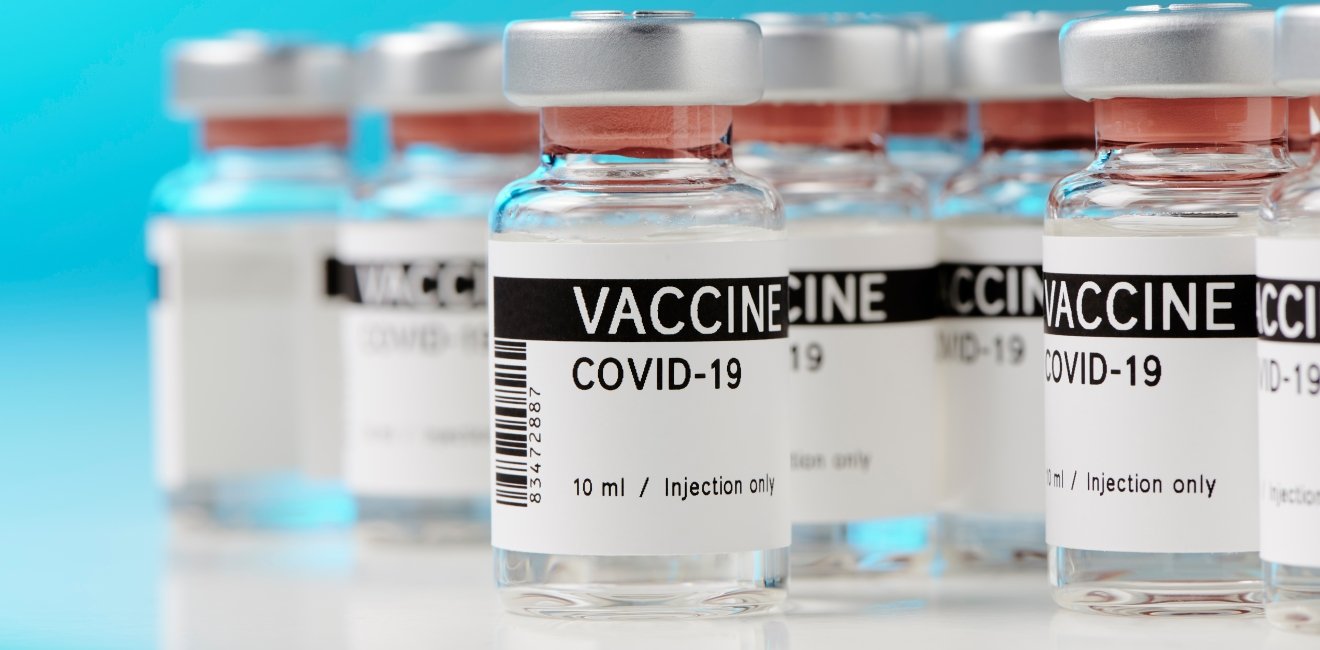Tony Blair: How to Vaccinate the Whole World
The G20 must help developing countries build the infrastructure they need.
The G20 must help developing countries build the infrastructure they need.

The writer is a former UK prime minister. Mark Green, chief executive of the Woodrow Wilson Center, also contributed.
The need to vaccinate the world is urgent.
While large parts of the globe remain partially vaccinated or unvaccinated, there is every possibility that we will see the emergence of deadlier strains of COVID-19. The advent of a more transmissible and vaccine-resistant mutation of the virus could put the global pandemic response back to square one.
The task of vaccinating the world in 2021 is ambitious but achievable. The Global Health Security Consortium published a plan in May in partnership with the Wilson Center that sets out a way this can be achieved.
But securing vaccine supply for those countries that need it is only half the challenge. Without the correct absorption capacity — in simple terms the infrastructure to get jabs in arms — these vaccines will go to waste.
Modelling conducted by the GHSC indicates that absorptive capacity across those countries that need the vaccine most would have to increase from between 5m-6m per day at present to more than 14m by March 2022 if they are to be strategically vaccinated. Between $6bn-$8.5bn in additional funding will be required. This is not simply about strategic investment — it would also help deliver equity of access to the vaccine globally. Without urgent action to meet this challenge, the timeline to vaccinate the world will slip further. Worse still, countless batches of vaccine will go to waste.
The policy changes required can be summarised in terms of four s’s: settings, staffing, systematisation and strategic communication.
First, in order for countries to be able to fully absorb vaccines we should ensure that the physical settings needed to administer them are made available, as well as the infrastructure required to move the vaccines to those locations. The GHSC’s report published this week gives more detail on how this can be achieved, including learning from best practice in countries such as Israel.
An expanded number of physical vaccination sites requires more staff. This is something that needs to be prepared for now. Recruitment must extend beyond those administering the jabs to include the hiring of staff responsible for setting up and running the vaccination sites themselves, registering and assisting with patients, inputting data, managing equipment and conducting community outreach.
Meeting this need is likely to involve bringing retired medical staff back on to the frontline, accelerating the deployment of trainee medical staff and conducting effective and time sensitive training for volunteers.
A process as complex as vaccinating millions of people will need careful co-ordination. In the modern world this is only possible through the effective deployment of technology.
Systematisation of all the information involved in the vaccine rollout will provide vital data. It will allow governments to focus accurately the deployment of vaccines and track progress. In addition, it will give a clear record of vaccination dates, when second doses and eventually boosters are needed.
Rwanda has set a clear lead on this, collecting data carefully and using it to focus its rollout successfully. Other countries in Africa, including Senegal, are also accelerating the deployment of digital tools to track and plan their ongoing vaccination campaigns as well as to ensure there are trusted and easy-to-use documents showing proof of vaccination.
As important as these hard infrastructure elements are, they will be useless if people are unwilling to receive their jab. This is where strategic communications and community engagement play a vital role. Centrally directed national campaigns are key. These would publish clear and accessible data on vaccine efficacy, consistent messaging on the importance of vaccines and their role in the struggle against Covid-19.
A lot of work is clearly needed. How should it be coordinated? I believe that the G20 should commit to $6bn in financing for health system absorption capacity and commission key global multilateral health organisations to co-ordinate and centralise funding needs and disbursement.
This would be a big challenge for the G20. But meeting it could not be more vital or urgent. While we in the west are reopening our economies and societies on the basis of successful vaccine rollouts, these efforts to live alongside Covid-19 could be undone without matching progress in the rest of the world.
No single country is safe from the virus until all countries are safe. Efforts are under way to supply the world with vaccines, but without action on vaccine absorption they risk being for nothing.
This article originally appeared in the Financial Times and is republished with permission.

